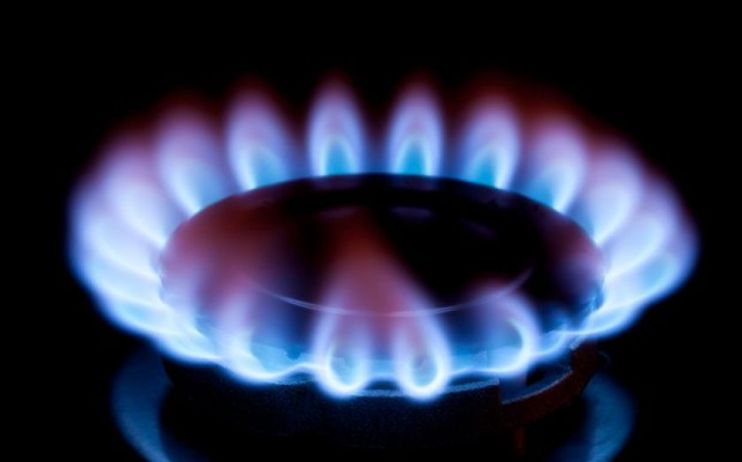British Gas boss slams rivals for not supporting plans to ringfence credit balances

The chief executive of British Gas owner Centrica has hit out at rival energy firms for not supporting his proposals to fix the energy sector.
He argued that the ringfencing the credit balances of customers across the energy sector should be an industry standard in order to protect consumers from poor decisions made by suppliers.
Speaking at the energy giant’s annual general meeting today, Chris O’Shea described the failures of the retail market as “predictable and predicted”.
He voiced his support for adequacy rules and fit and proper persons tests to ensure suppliers were run responsibly.
This follows a raft of reforms from market regulator Ofgem to ensure the financial durability of energy firms in the face of future market shocks.
He also pushed for “customer protections” for the credit balances of customers, so that energy firms could not use money intended to pay for gas to fund commercial strategies.
The energy chief hit out at some of the “larger, newer UK energy suppliers” that he said were against the proposal – which had become a company policy at British Gas.
Centrica announced in February that it had voluntarily protected all British Gas customers’ credit balances, and has called on Ofgem to make this an common practice across the energy sector.
While its proposals for ringfencing could protect balances, it would not address key issues that caused suppliers to collapse such as a lack of hedging across the energy industry and the constraints of a rigid price cap amid soaring wholesale costs.
Ringfencing could also drive up energy bills, by forcing companies to seek more funds to offset money owed to them by customers over extended periods of time.
This would favour larger energy firms with more resources, which have generally rode out the energy crisis more successfully than smaller suppliers in the market.
British Gas anticipates hefty profits after navigating challenging industry conditions
British Gas has scooped up 700,000 new customers from fallen firms amid market carnage caused by spiralling wholesale prices, insufficient hedging and the constraints of the rigid consumer price cap.
This has seen 29 suppliers collapse since last September – directly affecting over four million customers.
This includes the fall of Bulb Energy into de-facto nationalisation, propped up by £3bn of public funds since November, in the biggest state bailout since RBS in 2008.
Last month, Centrica said it expects to post annual earnings above forecast expectations, of between 6.7 and 10.8p per share.
The company been boosted by “strong” volumes across its nuclear and gas production operations while its trading business has also increased volumes of gas and renewable energy to improve UK supply amid pressure from the Russian invasion of Ukraine.
It also confirmed the sale of Spirit Energy’s Norwegian assets last week in a $1bn plus deal.
O’Shea also spoke out against the Energy Profits Levy, an additional 25 per cent tax placed on North Sea oil and gas operators.
It is expected to raise £5bn to help ease soaring household energy bills – but has also raised industry concerns it could deter investment.
He said: “The recent intervention in the form of a windfall tax in the UK creates uncertainty, damages investor confidence, and is borne by shareholders.”
The energy chief argued that the government should be “encouraging the substantial investment needed to deliver a low carbon future” which, could create “hundreds of thousands of new well-paid green jobs” to grow the economy.
Meanwhile, all of the motions were passed at the annual general meeting – including its remunerations policy, despite activist challenges.
Advisory group PIRC had urged shareholders to vote against the remuneration policy, arguing that the potential pay for executive directors was “excessively” high, as were the long-term share plans.
However, their challenge was knocked back by shareholders, who took the side of Centrica in the dispute.